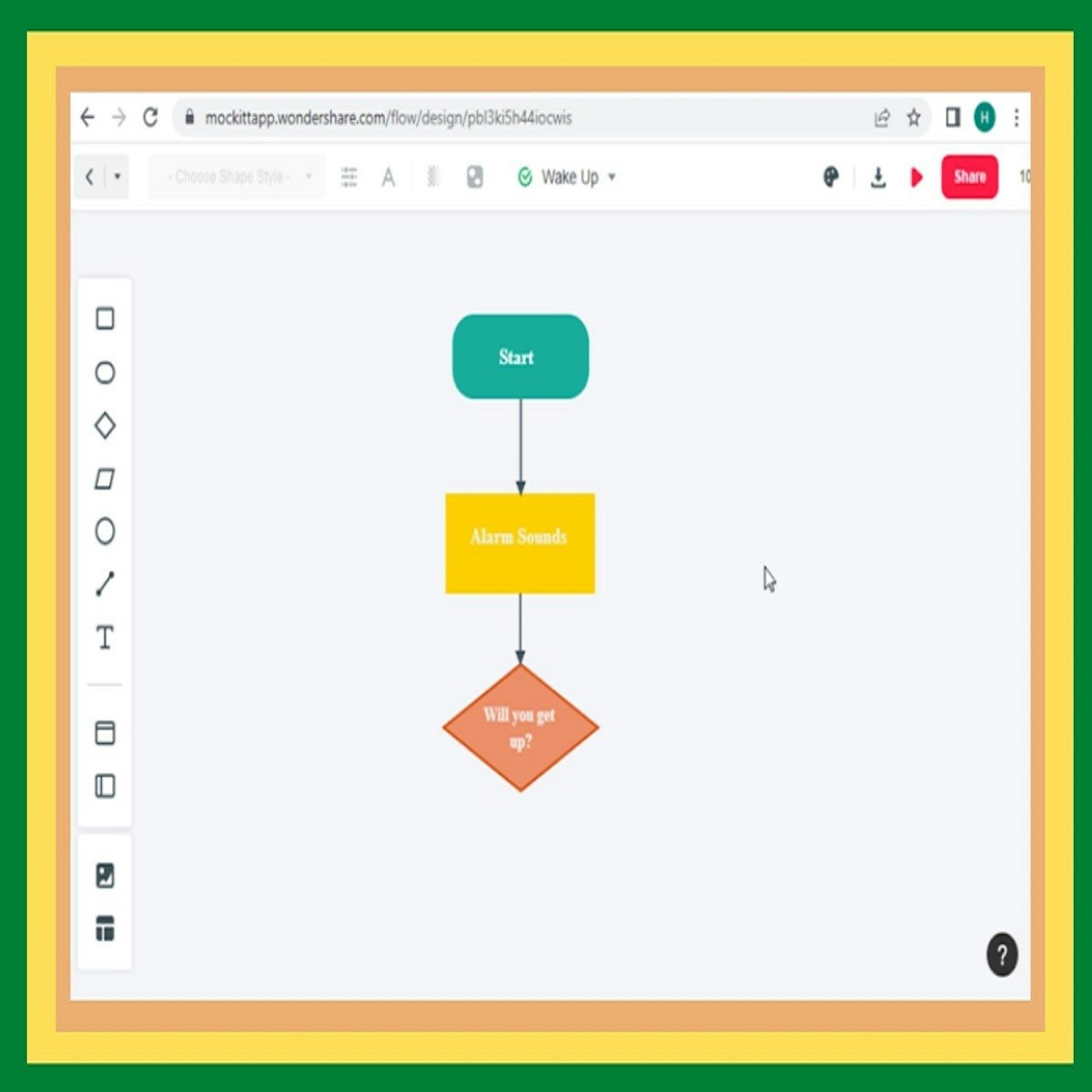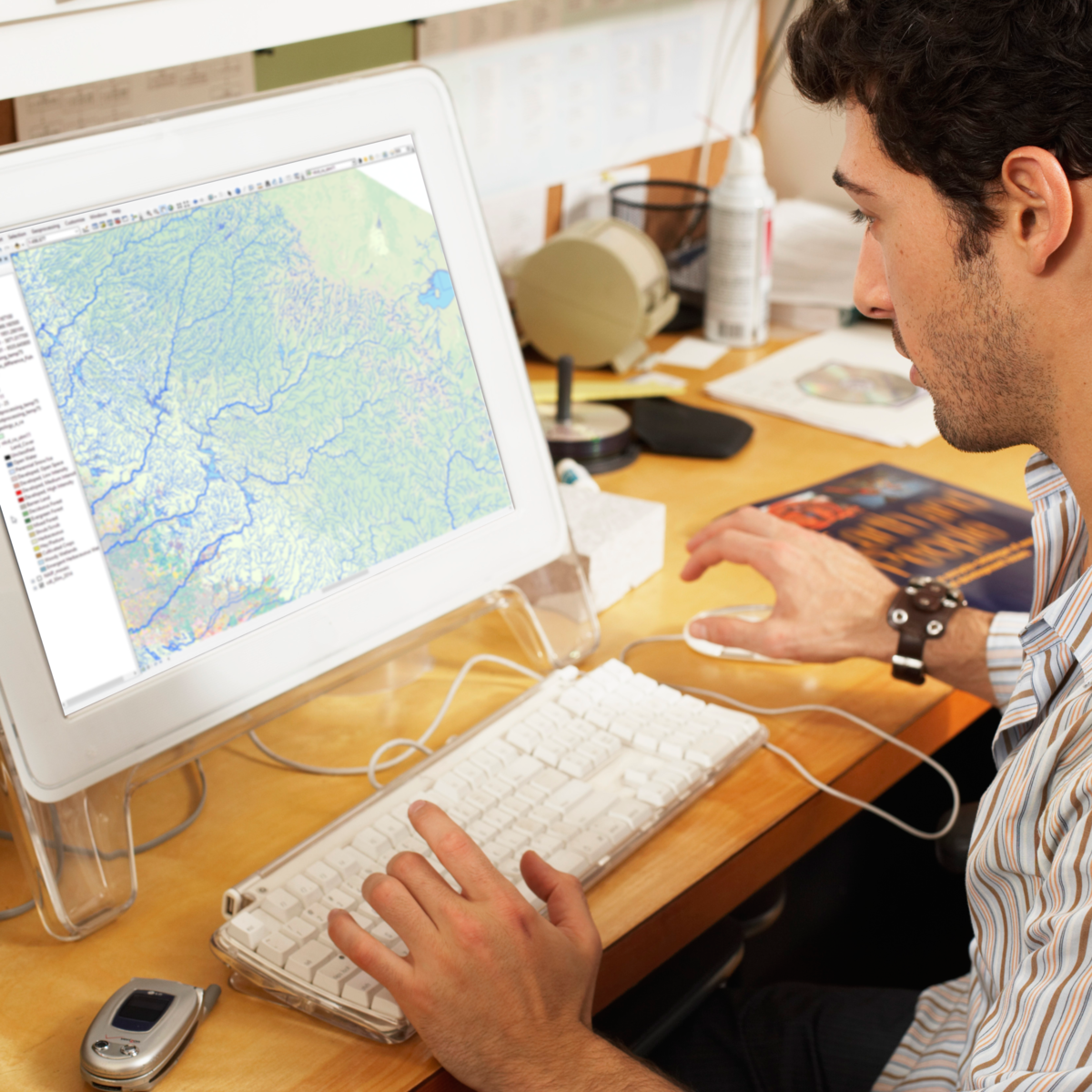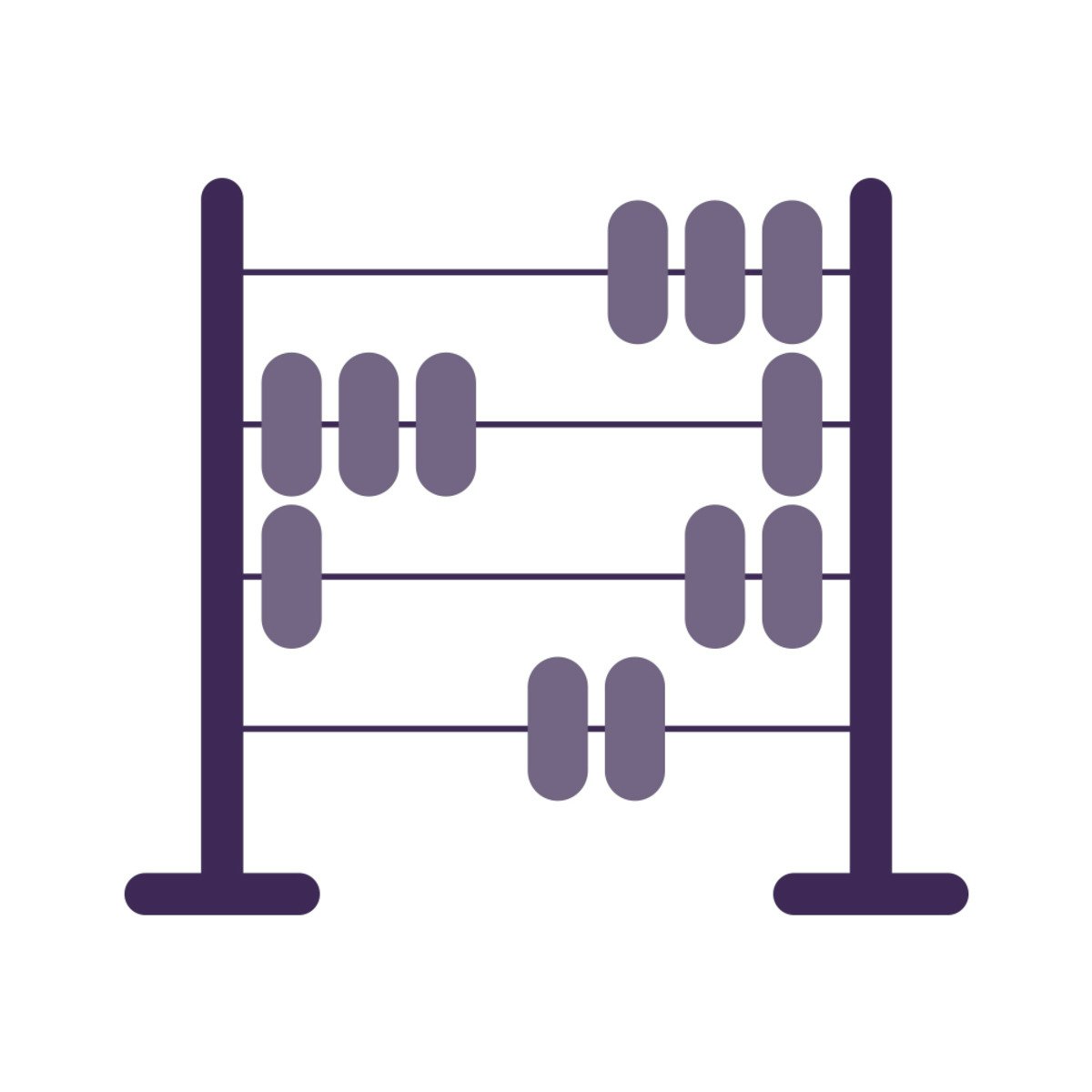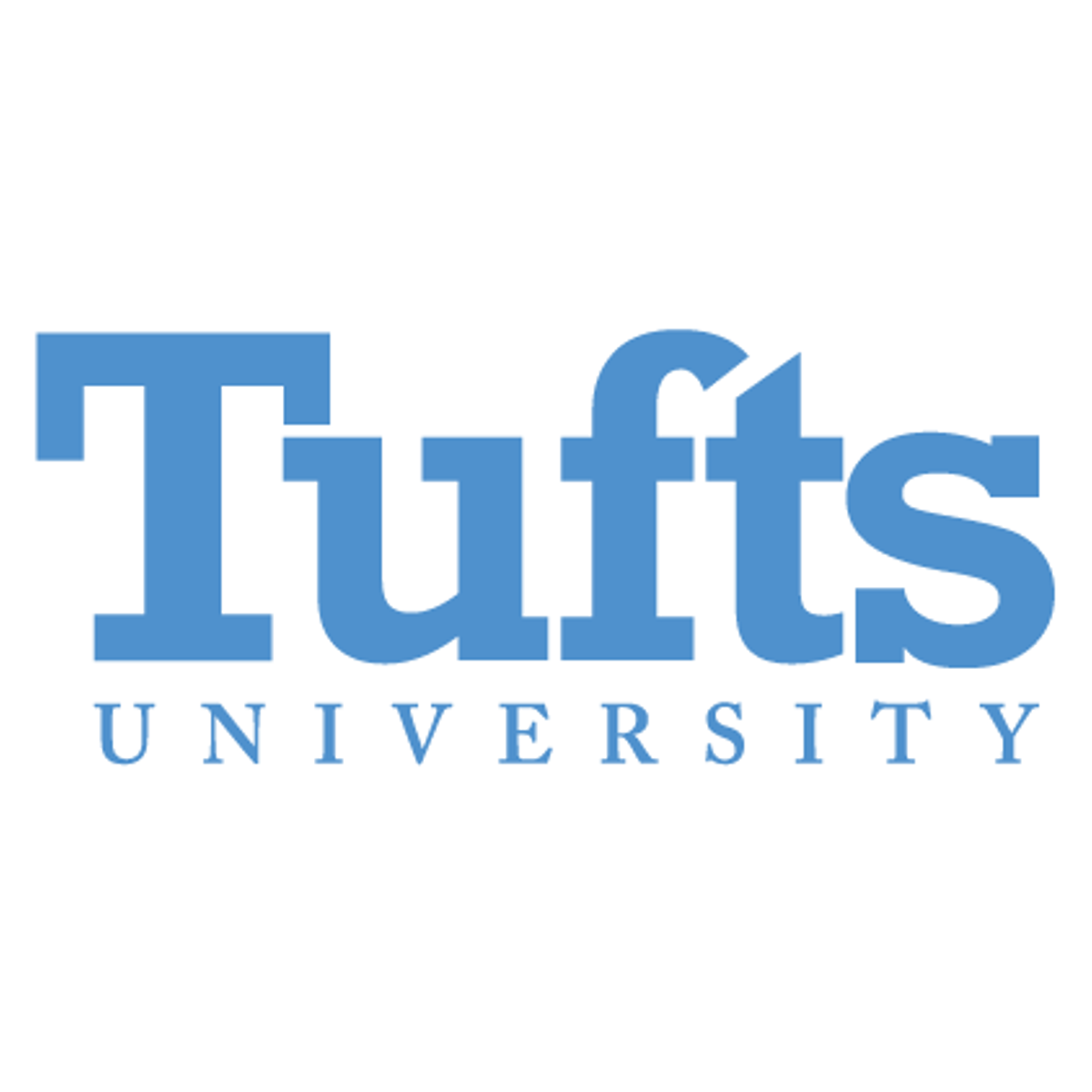Back to Courses









Business Courses - Page 73
Showing results 721-730 of 2058

Tableau Public for Project Management and Beyond
Now more than ever, people need access to data to gain insights and make quick business decisions. Some of the world's top organizations choose Tableau to help teams organize, visualize, and analyze data to drive better results while saving time and reducing costs. Adding Tableau Public to your skillset will put you ahead of the curve in the current job market, aid in professional growth, and yield better business results.
'Tableau Public for project management and beyond' guided project is for anyone who wants to quickly get hands-on experience with the public version of Tableau business intelligence software. If you are preparing for Project Management certification, completing this project will be complementary to your knowledge.
By the end of the project, you will have a foundational knowledge of Tableau Public and will learn how to build and analyze charts, create dashboards, and share your data insights online. There are no prerequisites to take this guided project.

Make a Flowchart with Mockitt
Think about decisions you make every day and the processes that you use. Have you ever seen them laid out in a chart format? Flowcharts can be used to develop a process or outline steps. Flowcharts are a great tool to use to plan your websites or apps and to figure out complicated processes. In this project, you will learn more about the steps to making a flowchart, and you will use Wondershare Mockitt to make a flowchart.

Macroeconomic Financial Accounts
This course is primarily aimed at undergraduates attending their final year or University students in monetary and financial economics, international macroeconomics and data mining. Professionals in Government institutions, Central Banks, business and the financial industry, along with other professionals interested in finance and macroeconomics, may also benefit from this course. The lectures, the tutorials and the activities lead the participants, step-by-step, through the system of financial accounts and provide unique hands-on guides to the macroeconomic databanks of the major national and international institutions (OECD, European Central Bank, US Federal Reserve System, Bank for International Settlements, IMF). At the end of the course students will gain a clear overview of the financial connections among the institutional sectors in market economies. Student activities include manipulations of data obtained from institutional websites with spreadsheets in order to construct tables and graphs.

Introduction to User Experience Building Blocks in Miro
By the end of this project, you will be able to leverage User Experience building blocks to map, design, and manage the User Experience.
To do this you will consider the fundamentals of User Experience and User Interface design while gaining hands-on experience exploring, accessing, and installing building block components in the Miro online visual collaboration platform for teamwork.
Note: This course works best for learners who are based in the North America region. We’re currently working on providing the same experience in other regions.

Fundamentals of GIS
Explore the world of spatial analysis and cartography with geographic information systems (GIS). In this class you will learn the basics of the industry’s leading software tool, ArcGIS, during four week-long modules:
Week 1: Learn how GIS grew from paper maps to the globally integrated electronic software packages of today. You will install ArcGIS on your computer and learn how to use online help to answer technical questions.
Week 2: Open up ArcGIS and explore data using ArcMap. Learn the foundational concepts of GIS, how to analyze data, and make your first map.
Week 3: Make your own maps! Symbolize data and create an eye-catching final product.
Week 4: Share your data and maps and learn to store and organize your data.
Take Fundamentals of GIS as a standalone course or as part of the Geographic Information Systems (GIS) Specialization. By completing the first class in the Specialization you will gain the skills needed to succeed in the full program.
Students who need an ArcGIS license will receive a non-commercial, 1 year student license for participation in this course and specialization.

Validating Your Startup Idea with MVP Experiment Canvas
By the end of this guided project, you will be able to use the Minimum Viable Product (MVP) Experience Canvas to test your startup business model assumptions. An MVP is a version of a new product which allows a team to collect the maximum amount of validated learning about customers with the least effort. The MPV Experiment Canvas is a framework that help you determine the desirability, viability, and feasibility of your business idea. The model has 12 building blocks that help you to systematically analyze your idea from defining the targeted customers, to experimenting with the model, and to making strategic decisions with the results of the analysis conducted.
For us to practically demonstrate how to use the Canvas to conduct analysis and validate a business idea, we will analyze a Fintech startup company as a case study. Example of the case study would empower you to apply the model to startup, or any venture of your choice. The project is for entrepreneurs who want to avoid the costly mistake of launching a product that nobody needs. Also, for intrapreneurs and business leader that want to experiment and validate a business idea before making significant investment. At the end of the project, you will be able to use the canvas to determine your product-market fit

Quantitative Foundations for International Business
This course provides the essential mathematics required to succeed in the finance and economics related modules of the Global MBA, including equations, functions, derivatives, and matrices. You can test your understanding with quizzes and worksheets, while more advanced content will be available if you want to push yourself.
This course forms part of a specialisation from the University of London designed to help you develop and build the essential business, academic, and cultural skills necessary to succeed in international business, or in further study.
If completed successfully, your certificate from this specialisation can also be used as part of the application process for the University of London Global MBA programme, particularly for early career applicants. If you would like more information about the Global MBA, please visit https://mba.london.ac.uk/.
This course is endorsed by CMI

Hypothesis Testing with Python and Excel
In today's job market, leaders need to understand the fundamentals of data to be competitive. An essential procedure to understand business and analytics is hypothesis testing. This short course, designed by Tufts University expert faculty, will teach the fundamentals of hypothesis testing of a population mean and a population proportion, using Excel and Python for calculations. You'll also discover the central limit theorem, which is essential for hypothesis testing. To conclude the course, you will apply your newfound skills by creating a plan for an experiment in your own workplace that uses hypothesis testing.

Getting Started with Adobe Spark
'Getting Started with Adobe Spark' guided project is for anyone who wants to learn how to create visual content online using Adobe Spark design app. By the end of this project, you will learn the editing features of Adobe Spark and will be able to use the Adobe Spark design app to create content for social media, web, and print. In this project, you will work on a digital flyer for a virtual conference, practice using editing tools, and add animation to the social media content.

The Neuromarketing Toolbox
Doing marketing research by asking people has been a common method and does still have advantages. On the other hand, if you want insights into the non-conscious interpretations of a consumer’s decision, then you need other research tools in your research toolbox. Neuromarketing makes use of such an extended toolbox, containing both technical equipment and ways of doing experimental research. The goal for this course is to give you an overview of this fast developing toolbox ranging from simple web-camera, to eye-tracking, and to complicated brain-scanners. The course guides you through a contemporary literature review, giving you insights into the last decades of development within this field of research.
Popular Internships and Jobs by Categories
Browse
© 2024 BoostGrad | All rights reserved


